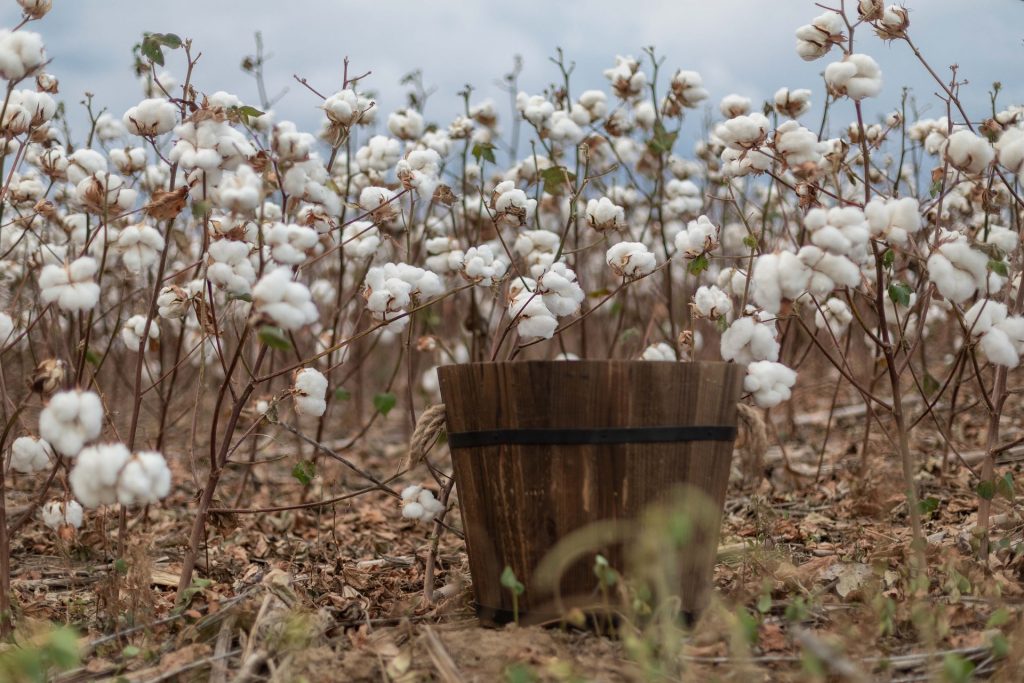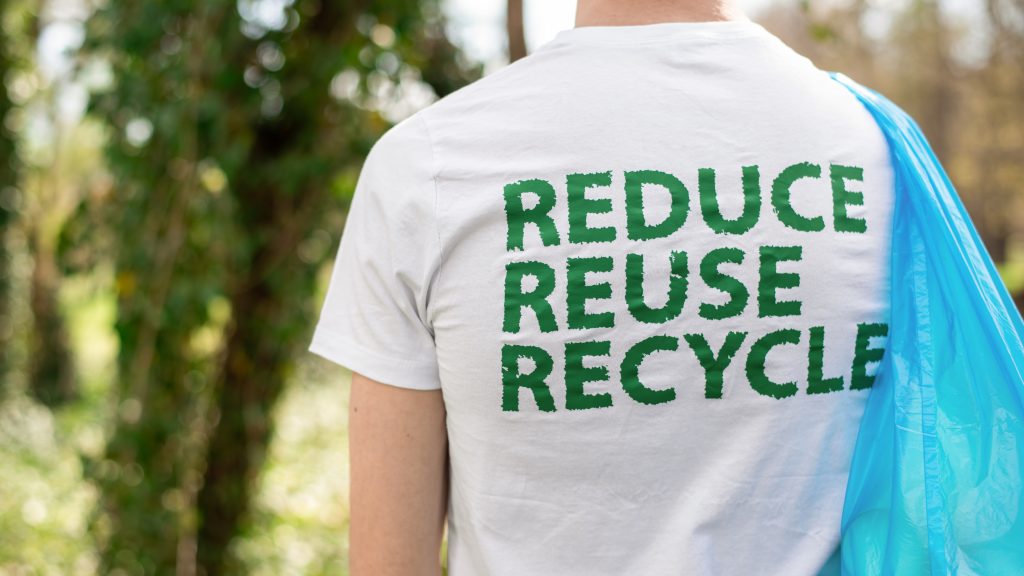One area where sustainable practices are particularly relevant is in the fashion industry, where the production of clothing can have significant environmental and social consequences. One way that the fashion industry is moving towards sustainability is through the use of sustainable materials for apparel production.

What are we talking about?
These materials are produced using methods that minimize their impact on the environment and human health, while also ensuring that they are produced in a socially responsible way. Here are some examples of sustainable materials that can be used in apparel production:
- Organic Cotton: Conventional cotton is grown using large amounts of pesticides and synthetic fertilizers, which can harm the environment and the health of farmers and workers. Organic cotton, on the other hand, is grown without these harmful chemicals, making it a more sustainable option. In addition to being better for the environment and human health, organic cotton is also typically of higher quality than conventional cotton.
- Hemp: Hemp is a fast-growing plant that requires little water and no pesticides to grow. It also has a low environmental impact when compared to other fibers such as cotton. Hemp fibers can be used to make a variety of clothing items, including t-shirts, dresses, and jeans.
- Tencel: Tencel is a type of rayon made from wood pulp that is produced in a closed-loop system, which means that the chemicals used in the production process are recycled and reused. This makes it a more sustainable option than other types of rayon. Tencel is also biodegradable and has a low environmental impact.
- Recycled Polyester: Polyester is a commonly used synthetic fiber in clothing production, but it is not biodegradable and has a significant environmental impact. Recycled polyester, on the other hand, is made from post-consumer plastic bottles and has a much lower environmental impact than virgin polyester.
- Linen: Linen is a natural fiber made from the flax plant. It is a sustainable option because it requires fewer pesticides and fertilizers than cotton, and it is also biodegradable. Linen is often used to make clothing items such as shirts, dresses, and pants.
- Lyocell: Lyocell is a type of rayon that is made from wood pulp. Like Tencel, it is produced in a closed-loop system and is therefore more sustainable than other types of rayon. Lyocell is also biodegradable and has a low environmental impact.

By using these materials in apparel production, we can reduce the environmental impact of the fashion industry and promote a more socially responsible approach to clothing production. Consumers can also support sustainable fashion by choosing to purchase clothing made from these materials and by supporting brands that prioritize sustainability. Together, we can work towards a more sustainable future for fashion.
Resources you can further explore
Here are some resources for that you can explore:
- Sustainable Apparel Coalition: The Sustainable Apparel Coalition is a global alliance of apparel, footwear, and textile companies committed to sustainable production. Their website provides information on sustainable materials, including a Materials Sustainability Index that ranks materials based on their environmental impact.
- Textile Exchange: Textile Exchange is a non-profit organization that works to promote sustainability in the textile industry. They provide resources and information on sustainable materials, including standards and certifications for organic and recycled fibers.
- Better Cotton Initiative: The Better Cotton Initiative is a global non-profit organization that promotes sustainable cotton production. Their website provides information on sustainable cotton production and a list of suppliers that offer Better Cotton.
- Cradle to Cradle Certified: The Cradle to Cradle Certified program is a certification process that evaluates products based on their environmental impact and social responsibility. The program has a specific focus on materials, and their website provides a list of certified materials and products.
- Global Organic Textile Standard: The Global Organic Textile Standard (GOTS) is a certification standard for organic fibers and textiles. Their website provides information on the GOTS certification process and a list of certified suppliers.
- The Ellen MacArthur Foundation: The Ellen MacArthur Foundation is a non-profit organization that works to promote a circular economy. Their website provides information on sustainable materials and resources for businesses and individuals looking to adopt more sustainable practices.
These are just a few examples of resources that can help you explore sustainable materials for apparel production. By educating yourself on sustainable materials and supporting brands that prioritize sustainability, you can make a positive impact on the fashion industry and the environment.
Choose N2N Sourcing as your apparel sourcing agent and we can offer you services from manufacturers who are working extensively with sustainable materials. When sourcing through N2N Sourcing, you can expect:
- Access to a wide range of reputable manufacturers and suppliers
- Competitive prices and terms
- Quality control and compliance
- Streamlined logistics and customs clearance
- Outstanding customer service
Don’t let your supply chain hold you back. Contact N2N Sourcing today and let us help you take your business to the next level.
Get in touch: shagufhta@n2nsourcing.com | info@n2nsourcing.com

